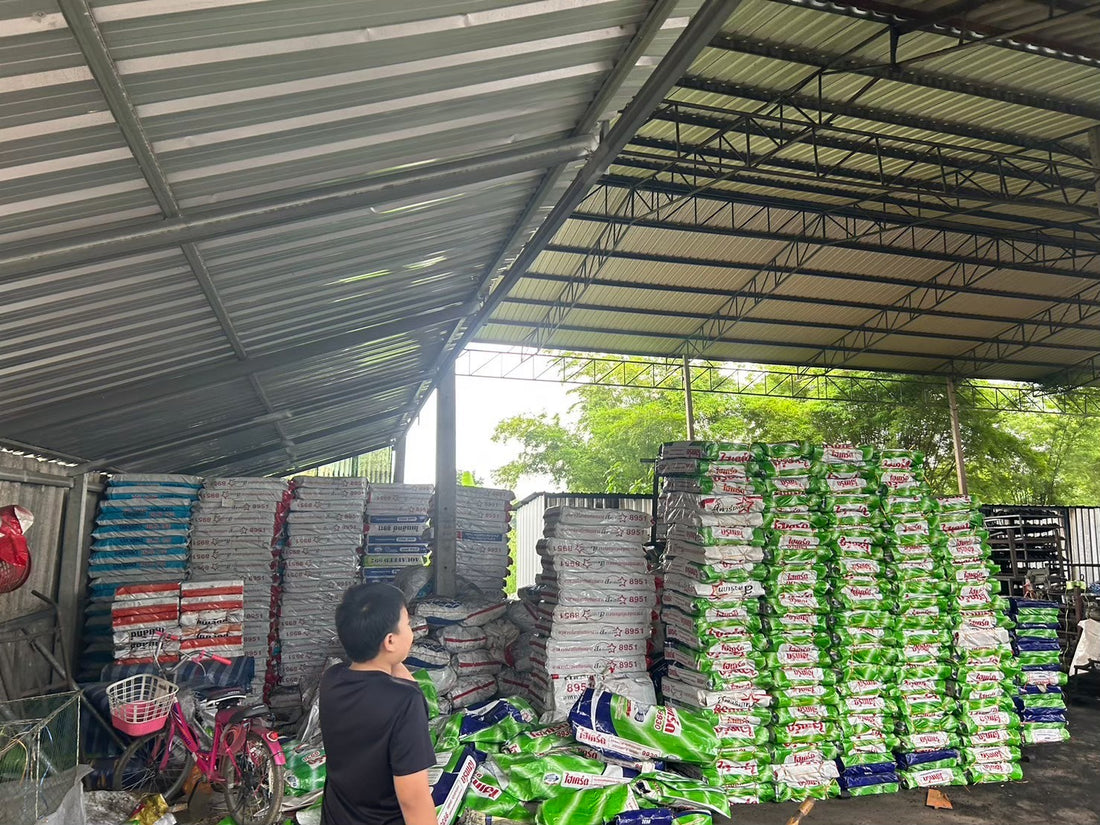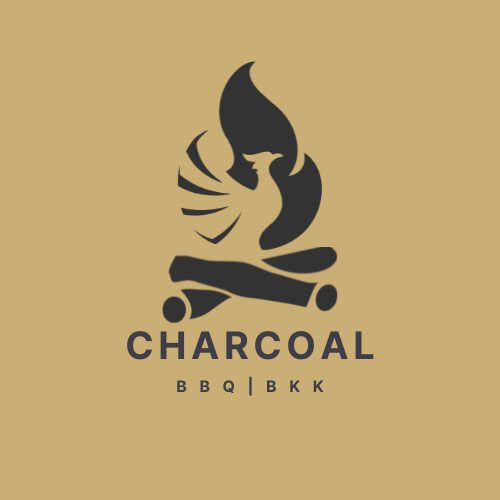
Sustainable Energy: The Environmental Benefits of Coconut Shell Charcoal
Share
In an era where environmental sustainability is more crucial than ever, finding alternative energy sources that are both efficient and eco-friendly is paramount. Coconut shell charcoal emerges as a standout solution, offering a renewable and sustainable energy source that benefits not just consumers but the planet as a whole. Produced by our dedicated community in Pak Tho district, Ratchaburi, this charcoal is more than just a fuel—it's a commitment to a greener future.
The Environmental Impact of Traditional Charcoal
Before delving into the benefits of coconut shell charcoal, it's essential to understand the environmental challenges posed by traditional wood charcoal:
- Deforestation: Traditional charcoal production often involves cutting down trees, contributing to deforestation and the loss of vital ecosystems.
- Carbon Emissions: The process releases significant amounts of carbon dioxide, exacerbating global warming.
- Soil Degradation: Tree removal leads to soil erosion and loss of fertility, impacting agriculture and local communities.
- Biodiversity Loss: Destroying forests threatens the habitats of countless species, leading to a decline in biodiversity.
Coconut Shell Charcoal: A Sustainable Alternative
1. Utilizing Renewable Resources
Coconut shells are an abundant byproduct of the coconut industry. Instead of allowing these shells to become waste, transforming them into charcoal taps into a renewable resource. Coconuts are harvested regularly, and their shells are continually replenished, unlike trees that can take decades to regrow.
2. Reducing Waste and Promoting Circular Economy
By repurposing coconut shells, we minimize agricultural waste and promote a circular economy where resources are reused and recycled. This approach:
- Decreases Landfill Usage: Less waste ends up in landfills, reducing land pollution.
- Mitigates Methane Emissions: Prevents the decomposition of shells in landfills, which can release methane, a potent greenhouse gas.
3. Lower Carbon Footprint
Coconut shell charcoal has a lower carbon footprint compared to traditional charcoal:
- Efficient Combustion: It burns more completely, releasing fewer pollutants and greenhouse gases.
- Carbon Neutrality: The carbon dioxide emitted during combustion is offset by the carbon absorbed by coconut trees during their growth, contributing to a more balanced carbon cycle.
4. Preventing Deforestation
Since no trees are cut down to produce coconut shell charcoal, it plays a significant role in forest conservation:
- Protecting Ecosystems: Preserves habitats for wildlife and maintains biodiversity.
- Maintaining Ecological Balance: Forests play a critical role in water cycles and soil conservation.
5. Cleaner Burning Fuel
Coconut shell charcoal is known for its clean-burning properties:
- Low Smoke Production: Emits minimal smoke, reducing air pollution and health risks associated with inhaling particulate matter.
- Reduced Odor: Produces less odor, making it more pleasant for cooking and heating purposes.
- Minimal Ash Residue: Leaves behind less ash, indicating more efficient fuel consumption and easier cleanup.
Energy Efficiency and Performance
Higher Calorific Value
Coconut shell charcoal boasts a higher calorific value than traditional wood charcoal:
- More Heat Output: Provides more energy per unit, meaning less charcoal is needed to achieve the desired heat levels.
- Longer Burning Time: Its density allows it to burn longer, making it more efficient and cost-effective.
Versatile Applications
Due to its superior properties, coconut shell charcoal is suitable for various applications:
- Cooking and Grilling: Ideal for barbecues, providing consistent heat for perfectly cooked meals.
- Industrial Use: Used in metalworks and other industries requiring high-temperature fuels.
- Water Filtration: Activated carbon from coconut shells is used in filters to purify water, showcasing its versatility and environmental benefits.
Supporting Sustainable Development Goals
Our production and use of coconut shell charcoal align with several United Nations Sustainable Development Goals (SDGs):
- SDG 7 – Affordable and Clean Energy: Promotes access to clean energy sources.
- SDG 12 – Responsible Consumption and Production: Encourages the sustainable use of resources and waste reduction.
- SDG 13 – Climate Action: Contributes to efforts in combating climate change through reduced emissions.
- SDG 15 – Life on Land: Supports the sustainable use of terrestrial ecosystems and halting deforestation.
Empowering Communities through Environmental Stewardship
By choosing coconut shell charcoal, consumers support not only environmental sustainability but also the well-being of the Pak Tho community:
- Economic Opportunities: Provides jobs and income, enabling community members to invest in sustainable practices.
- Education and Awareness: Promotes environmental education, leading to more conscious decisions and stewardship.
- Health Benefits: Cleaner-burning charcoal improves air quality, reducing respiratory issues among users.
Your Role in Promoting Sustainable Energy
Every purchase of our coconut shell charcoal is a step towards a more sustainable future. Here's how you contribute:
- Reducing Environmental Impact: Lower demand for wood charcoal decreases deforestation rates.
- Supporting Renewable Energy: Encourages the use of renewable resources over fossil fuels.
- Advocating for Change: Sets an example for others to make environmentally friendly choices.
Conclusion: A Choice for the Planet
Switching to coconut shell charcoal is more than a simple preference—it's a conscious decision that has far-reaching environmental benefits. By embracing this sustainable energy source, you join a movement dedicated to preserving our planet for future generations.
Make the sustainable choice today. Opt for our eco-friendly coconut shell charcoal and be a part of the solution. Together, we can fuel a greener, cleaner future.
Paul Park

